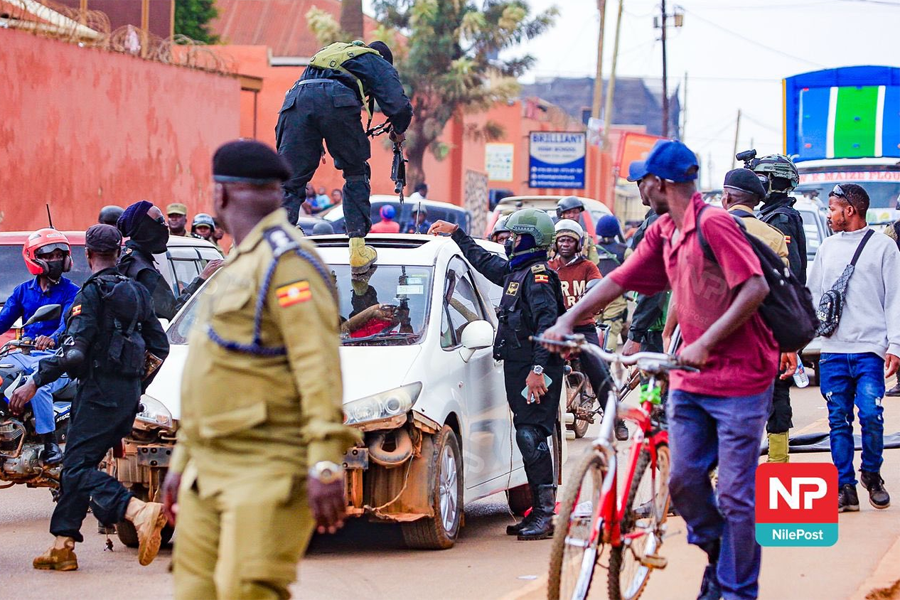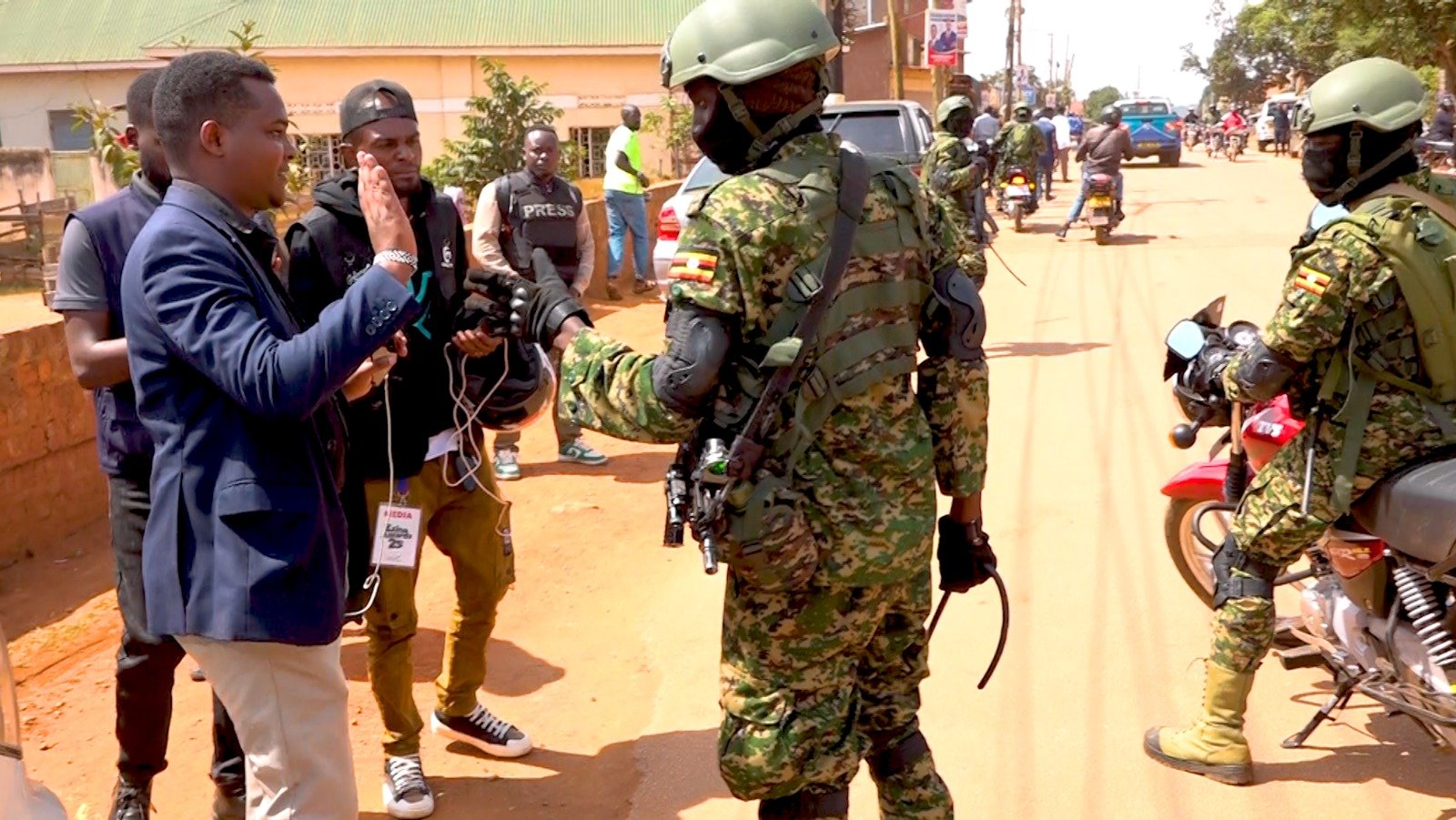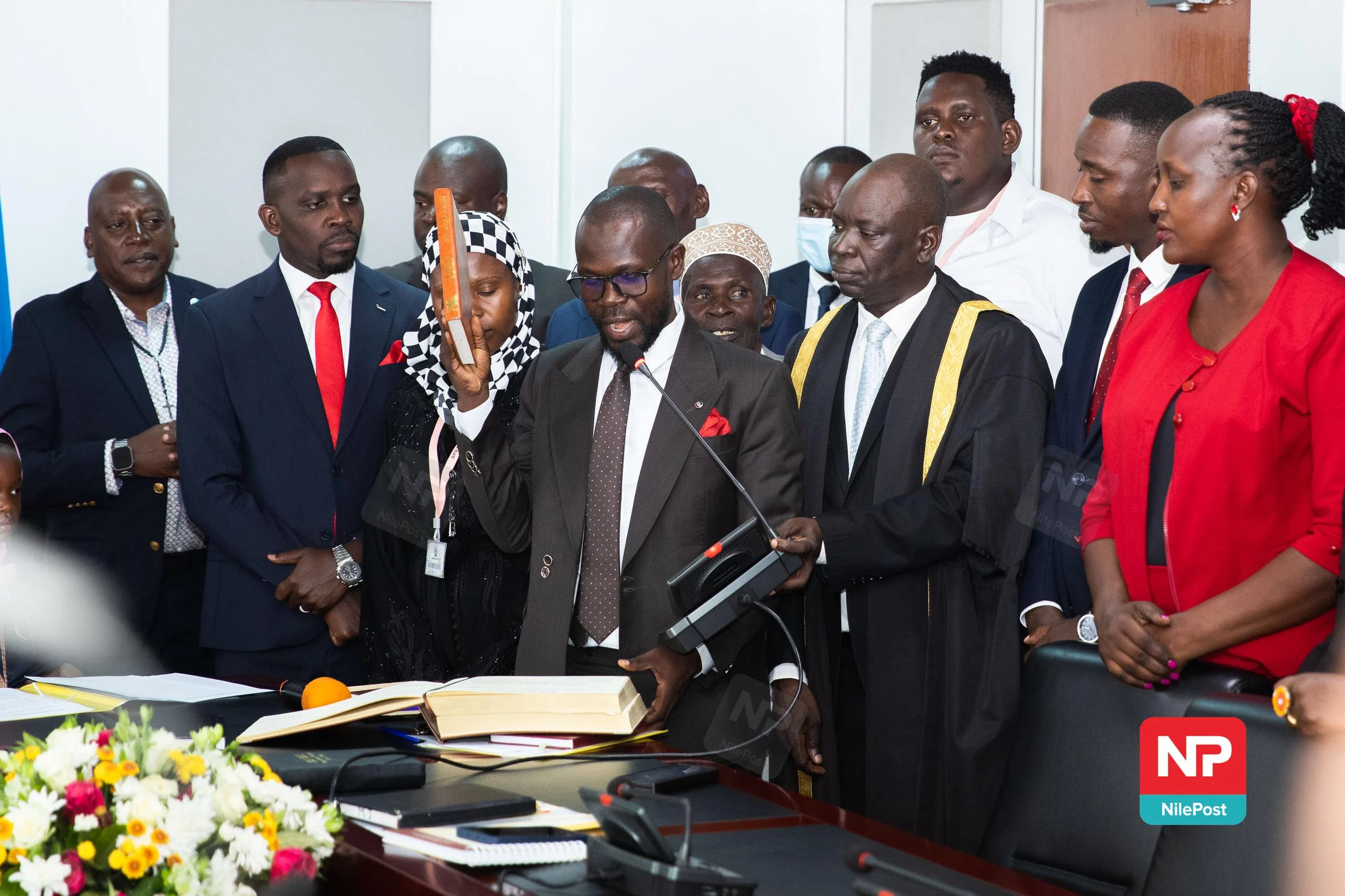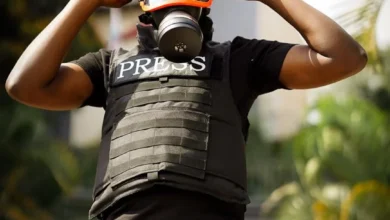Deputy CDF Okiding Apologises for Army Brutality in Kawempe

The Deputy Chief of Defence Forces (CDF), Lieutenant-General Sam Okiding has apologised for the brutality exhibited by security forces during the Kawempe North by-election.
Journalists, opposition candidates and their supporters as well as election observers were assaulted by the Joint Anti-Terrorism Taskforce (JAT) personal during the electioneering for the March 13 by-election.
Appearing before Parliament’s Defence Committee to present ministerial policy statements for the 2025/26 financial year, Okiding responded to concerns raised by Lwemiyaga County MP Theodore Ssekikubo, who demanded an update on disciplinary measures taken against soldiers involved in the violence.
Okiding acknowledged the incidents, attributing them to “operational mistakes” and acts of provocation but emphasized that such conduct does not align with the army’s doctrine.
“Those were operational mistakes that occurred out of provocation. It is not our doctrine, but among 1,000 soldiers, there will always be those who struggle to control their patience. However, their reaction did not warrant such a degree of force,” he said.
He further assured the committee that a disciplinary committee has been established to investigate the matter, and some of the implicated officers have already been arrested.
“We have taken action, and some of the personnel involved have been apprehended. A committee has been constituted to carry out investigations,” Okiding stated.

The events in Kawempe North sparked widespread condemnation from human rights groups, media organizations, and political actors, who called for accountability and justice for the victims.
Before and during the Kawempe North by-election, a series of violent incidents marred the democratic process.
Journalists, many of whom were covering the election, were brutally targeted by security forces.
Many were arrested, and a dozen others, including NBS Television’s Francis Isano, sustained serious injuries after being beaten by soldiers.
The media workers were harassed, their equipment damaged, and they were subjected to physical violence in an effort to silence coverage of the election.
The targeted attacks against journalists further raised alarms about press freedom in the country.
In the days leading up to the election, opposition supporters, particularly those aligned with the National Unity Platform (NUP), were also subjected to violence.
Soldiers forcibly ejected NUP supporters from designated areas, while others were beaten and chased away from polling stations.
The security forces’ heavy-handed tactics aimed to intimidate voters and suppress opposition involvement in the electoral process.
On the day of voting, the violence escalated. Soldiers targeted opposition candidates and members of the press, preventing them from performing their duties. In addition to physical assaults, journalists were threatened with arrest or removal from polling stations.
The brutality reached its peak when a reporter was violently shoved and kicked by soldiers as he attempted to cover the voting process.
The fallout from these events has had a lasting impact on media coverage. Following the violent attacks, many media outlets imposed a self-imposed blackout on reporting security matters, particularly events involving the military, police, and their affiliated agencies.
This has led to a severe restriction in coverage, further undermining the public’s access to vital information about the actions of the country’s security forces.
These actions not only violated the rights of individuals but also undermined the credibility of the election.
The assaults drew harsh criticism from civil society organizations and raised concerns about the state of press freedom and political expression in the country.







